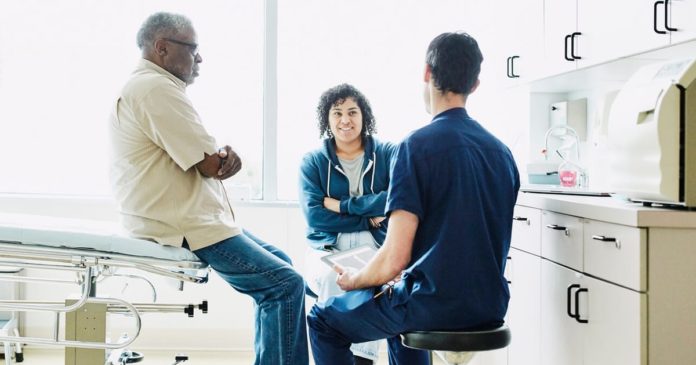First, we should recognize that there have been remarkable transformations in scientific understanding and cancer treatment in recent years. Many people with cancer around the world are living healthier, longer lives.
We can start to imagine a future where for many patients, cancer is no longer a cause of death.
However, the situation is far from where it needs to be to make this a reality, especially in Europe. Today, one in two people will be diagnosed with cancer in their lifetime, and roughly one in five people still die from it.1,2 In 2022, there were 1.3 million cancer-related deaths in Europe, which is projected to increase to 1.7 million by 2040.3
This burden is not felt equally. Five-year survival rates vary significantly between countries, for example, the rate is around 10% in Lithuania and over 20% in neighboring Latvia.4 Inequalities are also apparent within countries: an estimated 32% of cancer deaths are attributable to educational inequality,5 in addition to ethnic and gender disparities.6
We must celebrate that Europe is one of the world’s leading innovation hubs.7 Yet the crux of the issue is that patients wait too long to access potentially life-saving drugs; pressures are growing on already stretched healthcare systems and significant inequalities persist in cancer outcomes. As things stand, cancer will be the leading cause of death in the EU by 2035.8
This trajectory is not inevitable. The fundamental changes we need can only be achieved by working in partnership – research, technology or policies created in silo will not work. Health professionals, scientists, advocates, governments and patients must align and coalesce towards a bold but, I believe, achievable, mission for change.
What are your priority areas?


